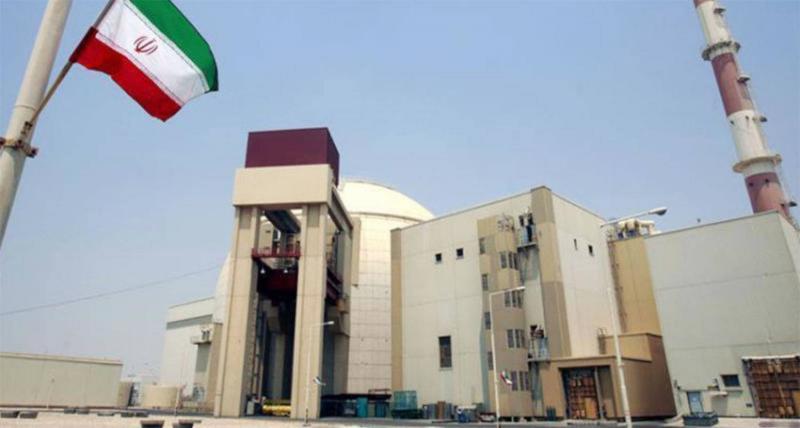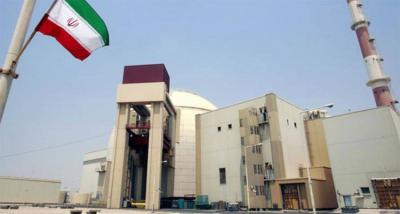The French newspaper "Le Monde" reported on the military government's attempt in Niger to sell hundreds of tons of enriched uranium or "yellow cake" to Iran, despite Niger previously officially denying any uranium supply to Iran. "Le Monde" supported information published about a month and a half ago by the website "Africa Intelligence" regarding a "secret agreement" between Niger and Iran for the sale of uranium, citing "several official" Western sources.
The "Africa Intelligence" site revealed at the end of April that secret negotiations were ongoing between Niger and Iran for the purchase of 300 tons of yellow cake. This report was closely monitored by the administration of U.S. President Joe Biden, placing the French company "Orano," which mines uranium in Niger, in a sensitive position. The value of this quantity of yellow cake mentioned in the report is estimated at about $56 million.
**Coup, Terrorism, and Uranium**
The presidential guard in Niger staged a military coup against President Mohamed Bazoum in August of last year, which has since deteriorated Niger's relations with Western countries, particularly the United States and France. In addition to concerns about terrorism, the current situation in Niger and other African countries in the region that have recently experienced military coups raises fears regarding the Iranian nuclear file as well.
Earlier, the "Wall Street Journal" reported that, in recent months, senior officials in the United States and other Western countries had received information indicating that the military government in Niger was secretly considering an agreement with Iran that would allow Tehran access to some of Niger's massive uranium reserves. Uranium is the primary product of Niger, and according to the World Nuclear Association, based in Britain, Niger was the seventh-largest producer of uranium in the world in 2022, producing approximately 200 tons of uranium annually.
**"Orano" Company Promises to Adhere to Iranian Sanctions**
According to "Le Monde," the French company "Orano," which has been extracting uranium from mines in northern Niger since the early 1970s, has pledged to comply with international sanctions that prohibit the sale of uranium to Iran. Any purchase and sale of uranium must be reported to the International Atomic Energy Agency (IAEA), which confirmed that it had not been informed of any sale of uranium from Niger to Iran so far.
Within the framework of cooperation between Iran and Niger, Iranian President Ebrahim Raisi received Niger's transitional Prime Minister Ali Mohammad Amin Zain on January 25, where he affirmed Tehran's readiness to exchange experiences in various fields such as energy, industry, and mining. The appointed prime minister expressed his country's eagerness to enhance its relations with Iran in all areas, describing Tehran as "a partner and friend one can rely on." During this visit, a cooperation document in all economic and political fields was signed, as announced by the Iranian presidency's website.
Former Iranian President Mahmoud Ahmadinejad had previously visited Niger over ten years ago, prior to the signing of the nuclear agreement in 2015, during which similar reports regarding supplying Niger with uranium to Iran were published.




